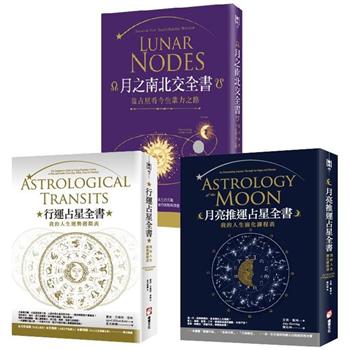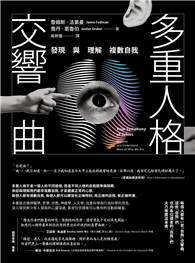Isaiah Berlin’s liberalism seems both dated and essential in an era of ideological extremes. Berlin’s vision of liberalism rejected metaphysics, philosophies of history, and particular conceptions of the good, setting a pattern for Anglo-American political thought that is still influential and may offer resources for understanding the resurgence of ideology in the twenty-first century, but one that also seems to be firmly embedded in the Cold War opposition of liberalism against Marxism.
In this volume, ten political theorists reconsider Berlin’s thought--especially his famous essay, "Two Concepts of Liberty"--in the light of contemporary political developments such as populism. Several contributors focus on Berlin’s neglected idea of political "maturity" as holding a key to his thought, making it an important site of contestation over his legacy. Others analyse Berlin’s notoriously fraught definition of liberty and his understanding of value pluralism; situate him as a Cold War liberal; and relate his work to that of contemporaries such as Raymond Aron and Leo Strauss.
This book was originally published as a special issue of Critical Review.












